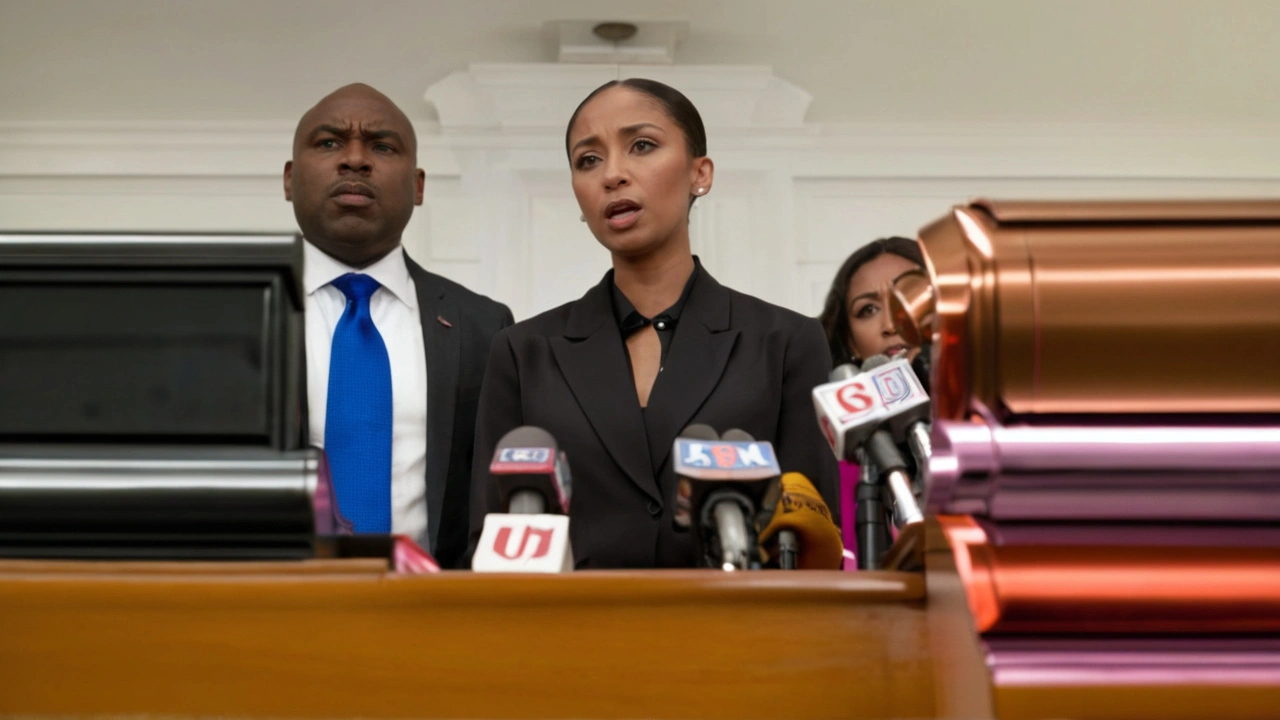Police brutality: how to spot it and what to do next
Police brutality shows up in many ways — painful searches, threats, unlawful arrests, excessive force or worse. If you or someone you know faces rough treatment by officers, you need practical steps you can use right away. CottonCandi News covers stories that matter, including recent reporting on Advocate Malesela Teffo and alleged police corruption. Below are clear actions for safety, evidence and holding people accountable.
How to recognise police brutality
Not every tense police encounter is brutality, but these signs matter: repeated strikes or kicks, restraint that restricts breathing, using a weapon when none is needed, sexual harassment, theft or destruction of property, and arrest without cause. If officers refuse to identify themselves or stop you from calling for help, treat the situation as unsafe and document what you can.
What to do right after an incident
If you are in immediate danger, call emergency services or move to a public place as soon as you can. When it's safe, follow these steps:
- Get medical attention. Even small injuries matter. Ask for written medical records and photos of wounds.
- Write down details. Time, place, badge numbers, vehicle numbers, officer names and what was said — record it while it is fresh.
- Collect witness info. Names, phone numbers and short statements help later.
- Keep evidence safe. Save photos, videos, clothing and receipts. Make backups in the cloud or to a trusted person.
If you filmed the encounter, stop streaming live and avoid posting your exact location. Make a copy and keep at least one secure backup not tied to your phone.
Filming tips for safety: stay at a distance, narrate what you see out loud so the recording documents time and place, and don’t argue with officers while recording. Your safety matters more than getting the perfect shot.
When you decide to report, use formal channels: independent police oversight bodies, an ombudsman, or a human rights commission. In South Africa, for example, the Independent Police Investigative Directorate (IPID) handles serious complaints. Look up your country’s complaint body and follow their reporting steps.
Find legal help. Many countries have legal aid clinics, civil rights lawyers, and NGOs that specialise in police abuse cases. Documented medical records, witness statements and video greatly strengthen a complaint or civil suit.
Don’t forget emotional care. Experiencing violence is traumatic. Talk to a counsellor, a trusted friend, or a support group. Some NGOs offer trauma counseling for victims of state violence.
Want updates and context? Follow the police brutality tag on CottonCandi News for ongoing coverage and practical guides. If you share a story with media or advocacy groups, be clear about what happened, show your evidence, and ask what protections they can provide before anything goes public.
If you need immediate help and don’t know where to turn, contact a local legal aid office or a human rights NGO. Keep copies of everything and move carefully — safety first, accountability next.
